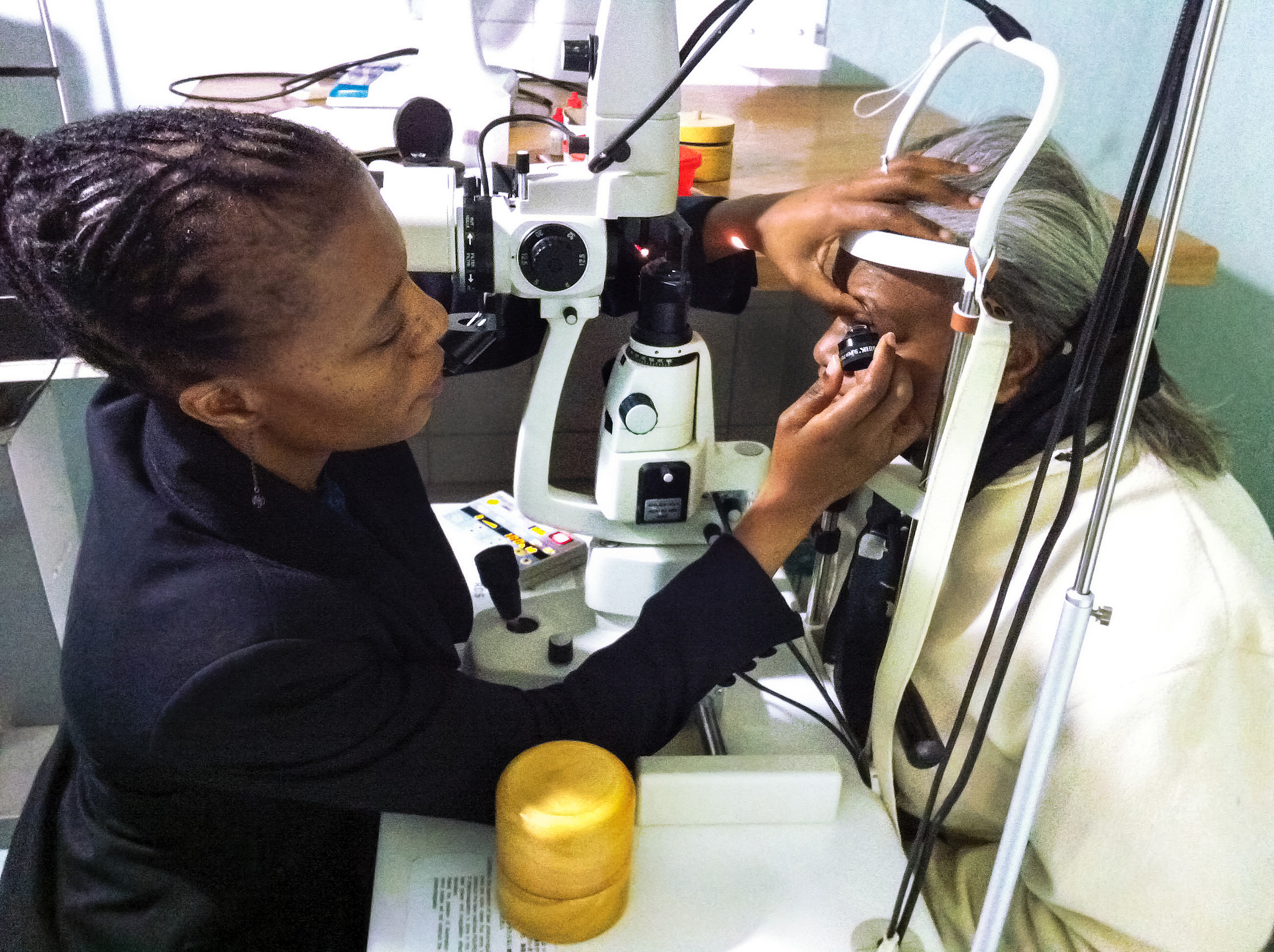
The paper gives a stark warning to African countries on their commitments to reduce the risks associated with non-communicable disease prevention, and cites unhealthy food environments, tobacco, and alcohol as some of the main culprits.
The World Health Organization has a global target to reduce the overall mortality rates from cardiovascular diseases, cancer, diabetes, and chronic respiratory diseases by 25% by 2025, and notes that deaths from NCDs have increased worldwide in every region since 2000.
Of particular concern for African countries is the issue of NCDs striking people during their economically productive years, with significant implications on the earning ability of individuals, and by extension their families. Compounded by out-of-pocket healthcare expenditure, this can have a devastating effect on vulnerable communities.
During the first WHO Africa Health Forum held in 2017, NCDs were identified as an emerging threat in Africa and delegates highlighted the need for intersectoral action to address the social determinants of these diseases. With NCDs on the rise, the second forum, starting today, provides an opportunity to seriously address the risks by moving from a reactive provision of health services to more proactive health creation and prevention.
“Poor health outcomes are not merely due to chance, disasters, dictators or fate. There are factors and drivers that need to be addressed that lay outside the traditional health system,” said Dr Tolu Oni, senior researcher from the University of Cambridge. “To ignore these factors leaves a critical gap in global health”.
The policy paper argues that a more holistic view of health and NCDs needs to be taken into consideration in order to meet the WHO targets. This includes addressing issues around housing, planning, waste-management, education, governance and finance, and investing in universal health coverage, so that health creation is seen as a central part of the development of Africa and not just a stand-alone issue.
The paper also calls on countries to adopt a knowledge-sharing platform for NCD prevention and the scientific community to conduct more research in partnership with policy-makers, in order to facilitate the transdisciplinary integration of evidence-based health creation.
The Second Who Africa Health Forum starts on 26 March and can be followed on Twitter with the hashtag #WHOAHF19
To download the full policy paper, click here.